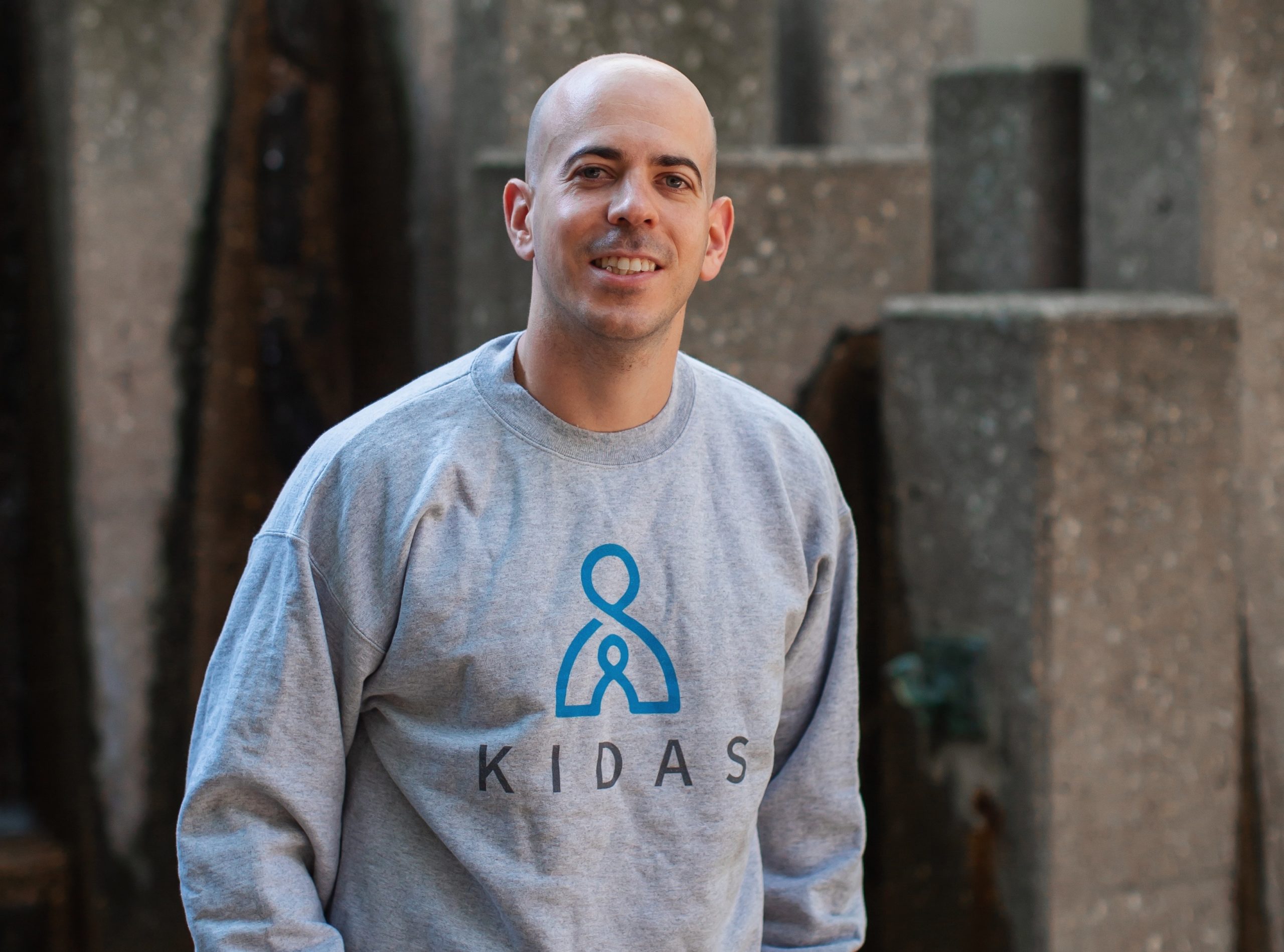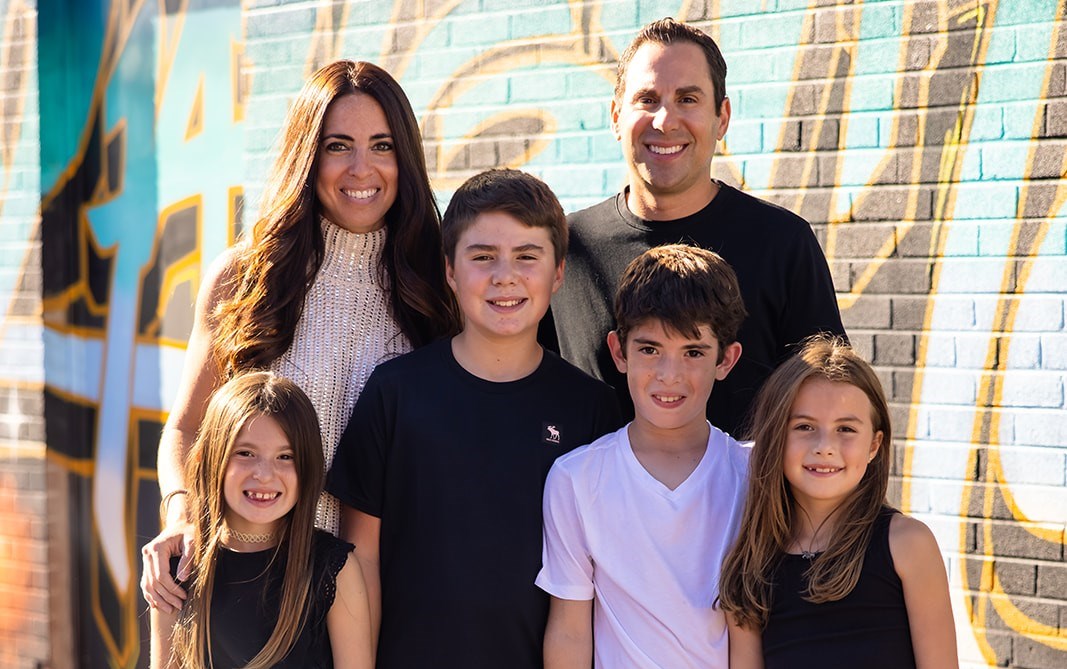Today’s guest post is by Ron Kerbs, founder and CEO of Kidas. Ron has a decade of experience in leading technology teams and investing in early-stage startups.
I was listening to Kara Swisher’s Sway, just before Microsoft’s acquisition of gaming giant Activision-Blizzard, where guest Phil Spencer, Microsoft’s Head of Gaming was asked about Activision-Blizzard and the culture of the gaming space. Phil explained that he was saddened by “workplace environments that cause such distress and destruction of individuals and teams.” This was an important statement, and it’s essential that Microsoft and other gaming giants push to solve this issue.
I grew up gaming and loved it, and I truly believe we must do everything in our power to make gaming safe. This is why I founded Kidas. Kidas removes the toxicity from gaming, and leaves parents and children free to play in a safe environment. We bring the technology and resources to stop abuse and harassment without interrupting the gaming experience.
Creating a company gaming culture based on trust
Startups and startup life can be really busy. In a small team, everyone needs to do everything, but one of our top priorities is to make sure we don’t burn out. When I started the company, building a culture of gaming that is safe, protected, and stands on a foundation of trust and respect was essential. Here are some tools that have helped us do this.

Bridging the cultural divide
As an Israeli-American company, we needed to work on managing the culture and cultural expectations between our US and Israeli teams. It took a while for people to get to know each other and learn how to communicate. At the start, I was the bridge between the Israeli and American team members but today we mostly feel comfortable with each other, and if we don’t, we say so. We do a lot of one-on-one sessions within the team. A lot of young startups don’t do this and just run forward, but I make sure to have a personal and professional growth-focused one-on-one with each team member once a month. In these meetings, we forget about Kidas tasks for 30 minutes and focus only on the team member’s personal and professional development.
Encouraging our team to deeply understand users
Unsurprisingly, we are very gaming orientated. Knowing our users is not just a question of carrying out customer interviews and talking with parents and children, we also need to experience what they do. We encourage gaming with a weekly happy hour and communicate via Discord, behaving as our users do. We know and understand firsthand what children experience.
Prioritizing core tasks is key
We have a company tradition of a weekly “Big Rocks” meeting where we discuss everyone’s “big rock” priority for the week. This is a tool we learned from Techstars. It’s easy to get caught up in a million different small tasks, but if we focus on what’s most important, I believe we can move forward without burnout.

Fine-tuning our vacation policy
We’ve had dilemmas adjusting our company culture along the way. One big issue was our vacation policy. We began with unlimited vacation days, but we realized that team members felt they couldn’t take days off because no one else did. Recently, Netflix spoke about this issue and fine-tuning their policy to make it work. A big part of this is leading by example. Today, we still have unlimited vacation days, but we also make sure everyone takes their minimum vacation days. This starts with me as CEO taking my days off and blocking them out in the calendar for everyone to see. The main message here is that startup life is intense, but it’s a marathon, not a sprint, and some of people’s best innovations come after being away and recharging.
People-first approach: Parents matter
A lot of us have kids and we work to accommodate everyone’s needs. Again, this starts by example. Everyone on the team knows I don’t take calls from 6.30-7.30pm. I have this time blocked out on my calendar and the rest of the team does the same. It’s so important for us to have time to be parents and be with our children.
Parents are a huge part of what we do at Kidas—they are our customers. We even have a “Head of Parenting.” Jenna Greenspoon began working with us on social media a few hours a week. She’s a mom of four, and two of her kids are gamers. She started using Kidas herself, and the alerts she received were so beneficial that she told me she believed in our mission and wanted to join full time. As Head of Parenting, she helps us deeply understand our customers.

Making our vision a reality
Our vision is for every child in every game to be protected, and for parents to have access to information and have open and honest conversations with their children. Realizing this vision begins by crafting a culture that is safe, open and honest, and creating a work environment that is supported by trust and understanding. This is a constant work in progress, but I’m proud of where we are today.
To discover more resources to help founders build teams with a healthy startup culture, sign up for Microsoft for Startups Founders Hub now.











